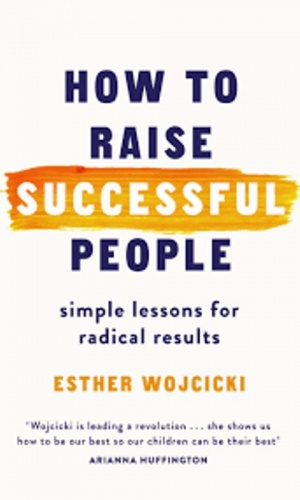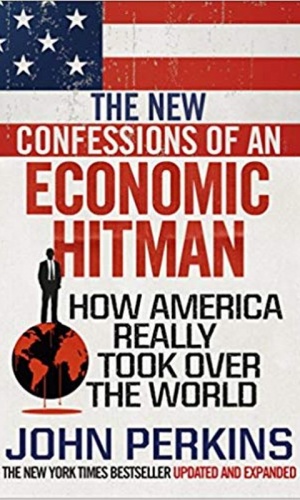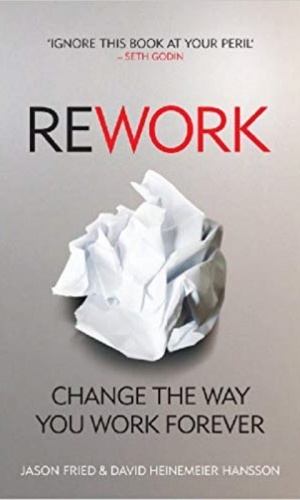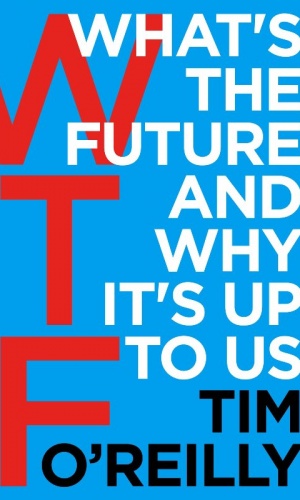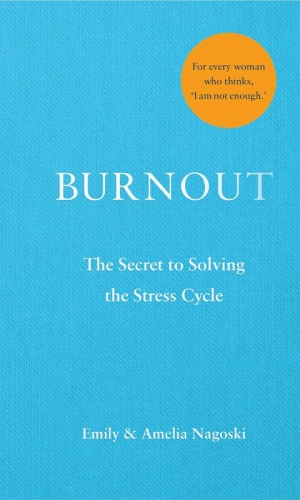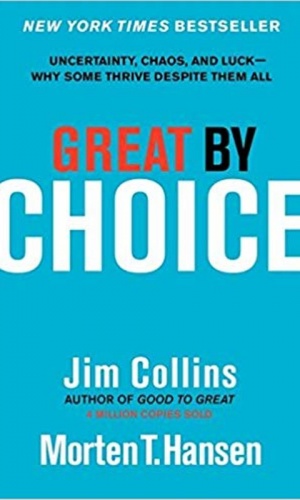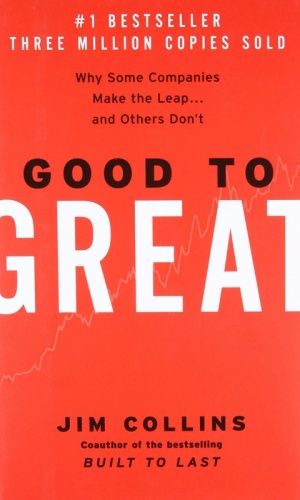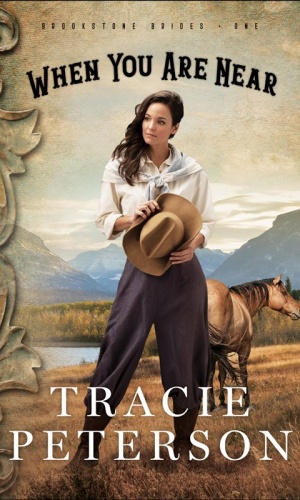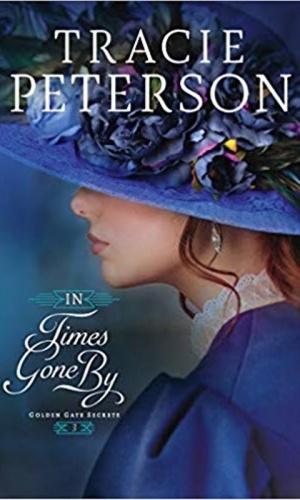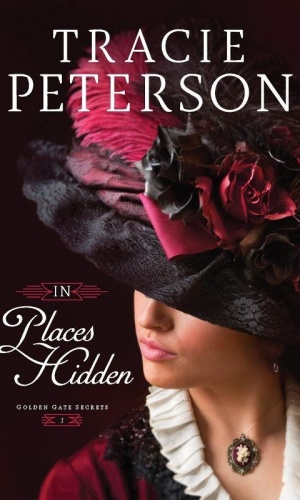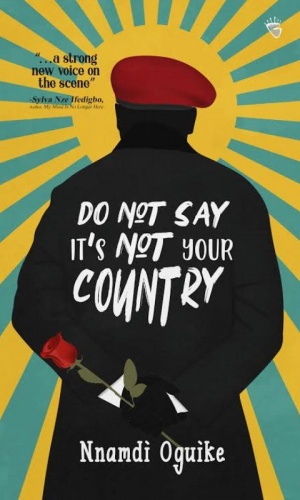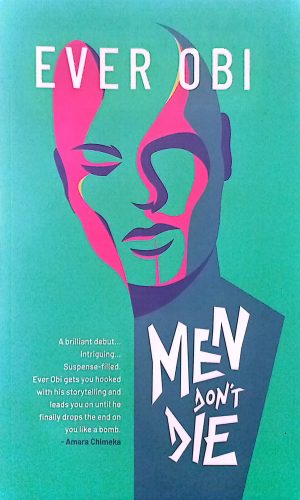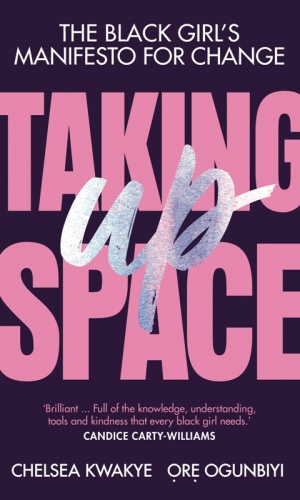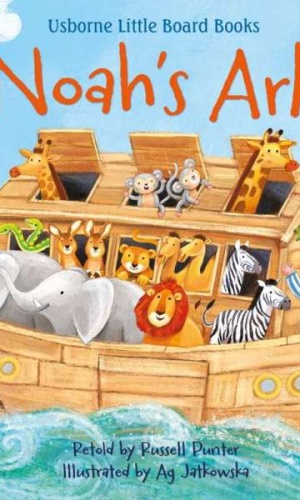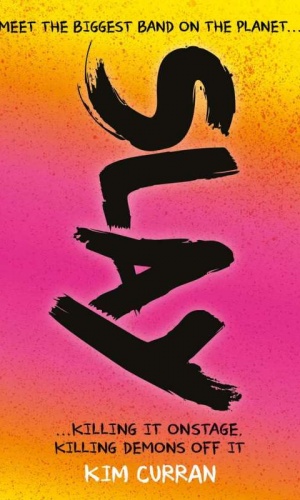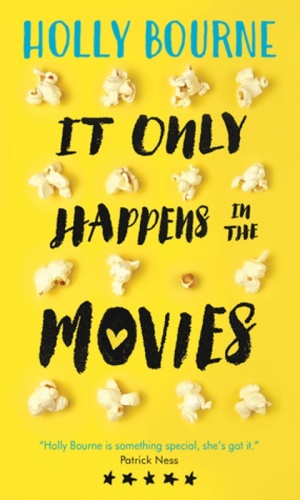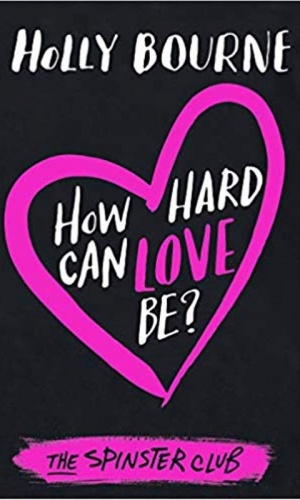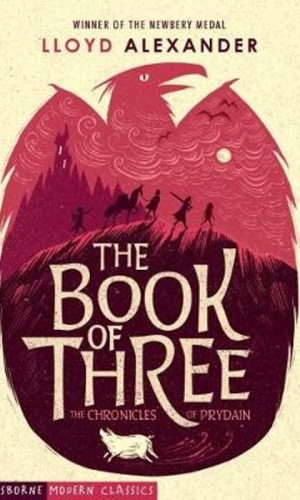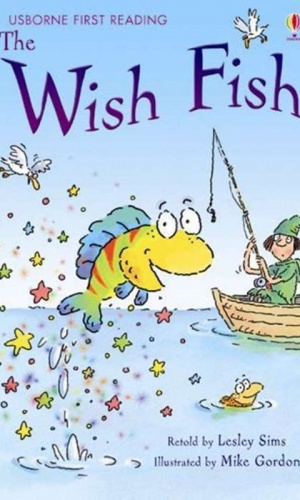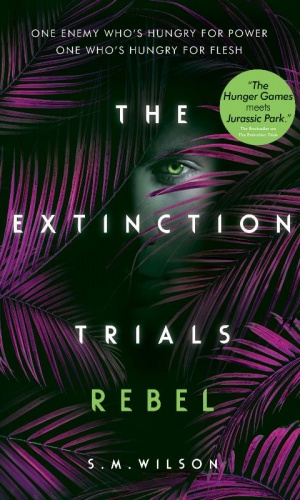-
How To Raise Successful People
Esther Wojcicki—“Woj” to her many friends and admirers—is famous for three things: teaching a high school class that has changed the lives of thousands of kids, inspiring Silicon Valley legends like Steve Jobs, and raising three daughters who have each become famously successful. What do these three accomplishments have in common? They’re the result of TRICK, Woj’s secret to raising successful people: Trust, Respect, Independence, Collaboration, and Kindness. Simple lessons, but the results are radical.
₦5,800 -
The New Confession Of An Economic Hitman
Former economic hit man John Perkins shares new details about the ways he and others cheated countries around the globe out of trillions of dollars. Then he reveals how the deadly EHM cancer he helped create has spread far more widely and deeply than ever in the US and everywhere else—to become the dominant system of business, government, and society today. Finally, he gives an insider view of what we each can do to change it.
₦6,900 -
Rework
Read it and you’ll know why plans are actually harmful, why you don’t need outside investors, and why you’re better off ignoring the competition. The truth is, you need less than you think. You don’t need to be a workaholic. You don’t need to staff up. You don’t need to waste time on paperwork or meetings. You don’t even need an office. Those are all just excuses.
What you really need to do is stop talking and start working. This book shows you the way. You’ll learn how to be more productive, how to get exposure without breaking the bank, and tons more counterintuitive ideas that will inspire and provoke you.
₦5,600 -
Whats The future and why Its Up To Us
WTF? can be an expression of amazement or an expression of dismay. In today’s economy, we have far too much dismay along with our amazement, and technology bears some of the blame. In this combination of memoir, business strategy guide, and call to action, Tim O’Reilly, Silicon Valley’s leading intellectual and the founder of O’Reilly Media, explores the upside and the potential downsides of today’s WTF? technologies.
₦4,900 -
Burn Out
Burnout. Many women in America have experienced it. What’s expected of women and what it’s really like to be a woman in today’s world are two very different things—and women exhaust themselves trying to close the gap between them. How can you “love your body” when every magazine cover has ten diet tips for becoming “your best self”?
₦5,800 -
Great by Choice
Ten years after the worldwide bestseller Good to Great, Jim Collins returns with another groundbreaking work, this time to ask: why do some companies thrive in uncertainty, even chaos, and others do not?
₦6,500 -
Good to Great
Using tough benchmarks, Collins and his research team identified a set of elite companies that made the leap to great results and sustained those results for at least fifteen years.
₦6,500 -
When You are Near
After her dad’s demise, Lizzy Brookstone, the star stunt rider of the all-female Brookstone Wild West Extravaganza, loses enthusiasm for performing. What she aches for is an existence with the Brookstone farm foreman, Wesley DeShazer, the man who once made her extremely upset. In the interim, Jason Adler, child of the show’s new money related accomplice, comes to help with the show, and Lizzy before long discovers him competing for her friendship.
₦4,900 -
In Times Gone By
Subsequent to getting left at the altar, Kenzie Gifford escapes to San Francisco to begin her life once again, decided never to adore again. She’s made new companions and has a great job in the workplace of her cousin’s chocolate processing plant. The main persistent issue for her is Dr. Micah Fisher, who demands to seek after her regardless of her consistent dismissal.
₦6,900 -
In Dreams Forgotten
Judith Gladstone came to San Francisco after her folks kicked the bucket to locate her last living relative, an auntie she has never met. Rather she has fallen head over heels in affection with Caleb Coulter, her companion’s sibling. Caleb has vowed to enable Judith to discover her auntie, yet she can tell he thinks about her just as a companion and she battles to conceal her emotions.
₦6,900 -
In Places Hidden
On her approach to San Francisco to discover her sibling, Caleb, who disappeared three months prior, Camriann Coulter meets Judith and Kenzie, who both have their own riddles to comprehend in the blasting West Coast city. The ladies choose to help one another, including staying together and working at Kenzie’s cousin’s chocolate manufacturing plant.
₦6,900 -
Far Side of the Sea
In spring 1918, Lieutenant Colin Mabry, a British warrior working with MI8 in the wake of enduring wounds on the front, gets a message via bearer pigeon. It is from Jewel Reyer, the lady he once adored and who spared his life- – a lady he accepted to be dead. Venturing out to France to answer her dire summons, he urgently trusts this mission will facilitate his blame and reestablish the mental fortitude he lost on the front line.
₦4,900 -
Diary of a Wimpy Kid The Getaway
In the Diary of a Wimpy Kid The Getaway, the chilly climate and the worry of the moving toward Christmas season, the Heffleys choose to run away to a tropical island resort for some genuinely necessary rest and unwinding. A couple of days in heaven ought to do wonders for Greg and his fatigued family.
₦12,200 -
Taking Up Space
As a minority in a predominantly white institution, taking up space is an act of resistance. And in higher education, feeling like you constantly have to justify your existence within institutions that weren’t made for you is an ongoing struggle for many people.
₦4,700 -
-
Slay
Every fangirl’s daydream is about to become Milly’s nightmare… When Milly arrives home to discover her mum has been taken over by something very evil, she finds herself in mortal danger.
₦3,200 -
It Happens in the Movies
The greatest love story ever told doesn’t feature kissing in the snow or racing to airports. It features pain and confusion and hope and wonder and a ban on cheesy cliches.
₦3,400 -
How Hard Can Love Be
All Amber wants is a little bit of love. Her mum has never been the caring type, even before she moved to California, got remarried and had a personality transplant. But Amber’s hoping that spending the summer with her can change all that.
₦3,400 -
The Book Of Three
Taran the Assistant Pig-Keeper and his quest to become a hero. Taran is joined by an engaging cast of characters that includes Eilonwy, the strong-willed and sharp-tongued princess; Fflewddur Fflam, the hyperbole-prone bard; the ever-faithful Gurgi; and the curmudgeonly Doli―all of whom have become involved in an epic struggle between good and evil that shapes the fate of the legendary land of Prydain.
₦6,800 -
-
The Extinction Trials rebel
Storm and Lincoln’s city is burning. The people are starving. The only place left to run is Piloria, the continent of monsters. It’s up to Storm and Lincoln to keep their people alive as they colonize this lethal paradise. But will the biggest threat to their survival be the monsters in the jungle…or the ones inside the encampment with them?
₦7,700


